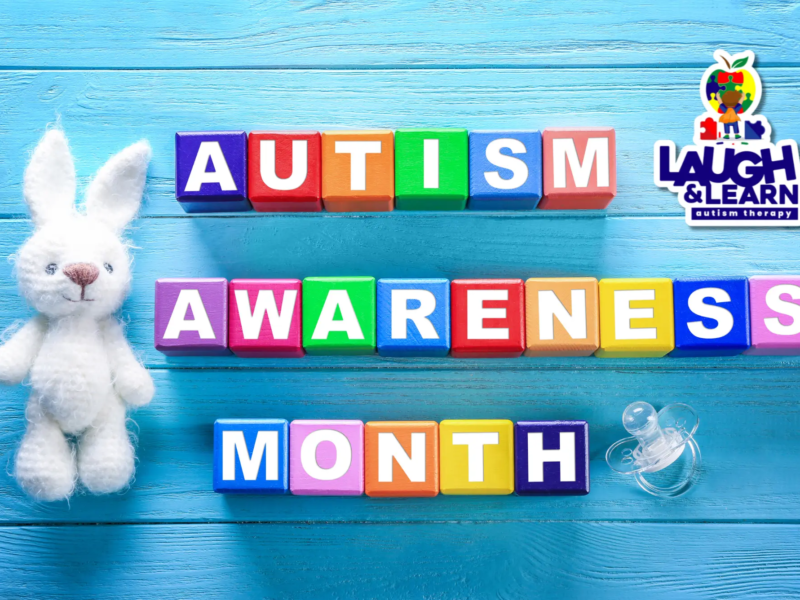Choices for Non-Verbal Communicators: Empowering Agency
Communication is a fundamental aspect of human interaction, and while verbal expression is conventional, many individuals communicate non-verbally. At Laugh & Learn, we believe in recognizing and celebrating the unique voices of non-verbal communicators. In this blog post, we delve into the profound value and benefits of providing choices and options for individuals who communicate in alternative ways, emphasizing the impact on their sense of dignity, autonomy, and self-direction.
- Fostering Dignity through Recognition:
First, offering choices is a powerful way to acknowledge the dignity of non-verbal communicators. It sends a message that their preferences, opinions, and desires are valid and essential. By providing options, we affirm their worth and contribute to a culture that respects each person’s individuality. - Autonomy in Decision-Making:
Second, choices empower individuals to exercise autonomy in their lives. For non-verbal communicators, making decisions—whether it’s selecting an activity, choosing a meal, or picking out clothing—creates a sense of control over their environment. Autonomy is a cornerstone of human dignity, and by facilitating decision-making, we honor the agency of non-verbal communicators. - Cultivating Self-Direction:
Third, choices enable individuals to chart their course and take charge of their lives. This is particularly crucial for non-verbal communicators, as it allows them to express their preferences and guide their experiences. Whether through gestures, facial expressions, or assistive technology, providing options cultivates a path of self-direction, contributing to personal growth and fulfillment. - Building Trust and Connection:
Fourth, offering choices establishes a foundation of trust between caregivers, educators, and non-verbal communicators. It communicates that their needs and desires are valued, strengthening the bond between individuals. Trust is a key ingredient in fostering meaningful connections and creating an environment where non-verbal communicators feel secure in expressing themselves. - Enhancing Emotional Well-Being:
Finally, the ability to make choices has a direct impact on emotional well-being. It reduces frustration and helps alleviate feelings of powerlessness that may arise from the inability to communicate verbally. Providing choices becomes a bridge to emotional fulfillment, contributing to a positive and supportive atmosphere.
Conclusion:
In non-verbal communication, the value of providing choices extends far beyond the act itself. It is a gateway to dignity, autonomy, and self-direction—a means of recognizing and celebrating the unique voices within our community. At Laugh & Learn, we are committed to fostering an inclusive environment where every individual, regardless of their communication style, can experience the empowering essence of choices. By embracing alternative communication methods and facilitating decision-making, we contribute to a world where everyone’s voice is heard and respected. It’s not just about options; it’s about affirming the inherent worth and agency of every individual we serve.
For further reading on the importance of providing opportunities to make choices for children with autism
check out this article from Autism Parenting Magazine.



